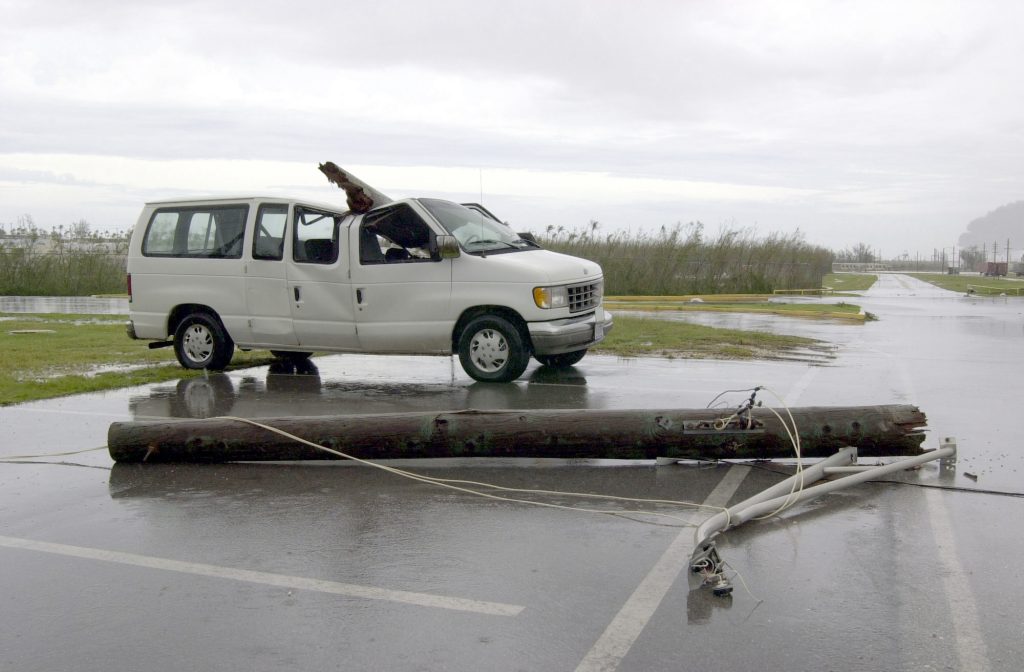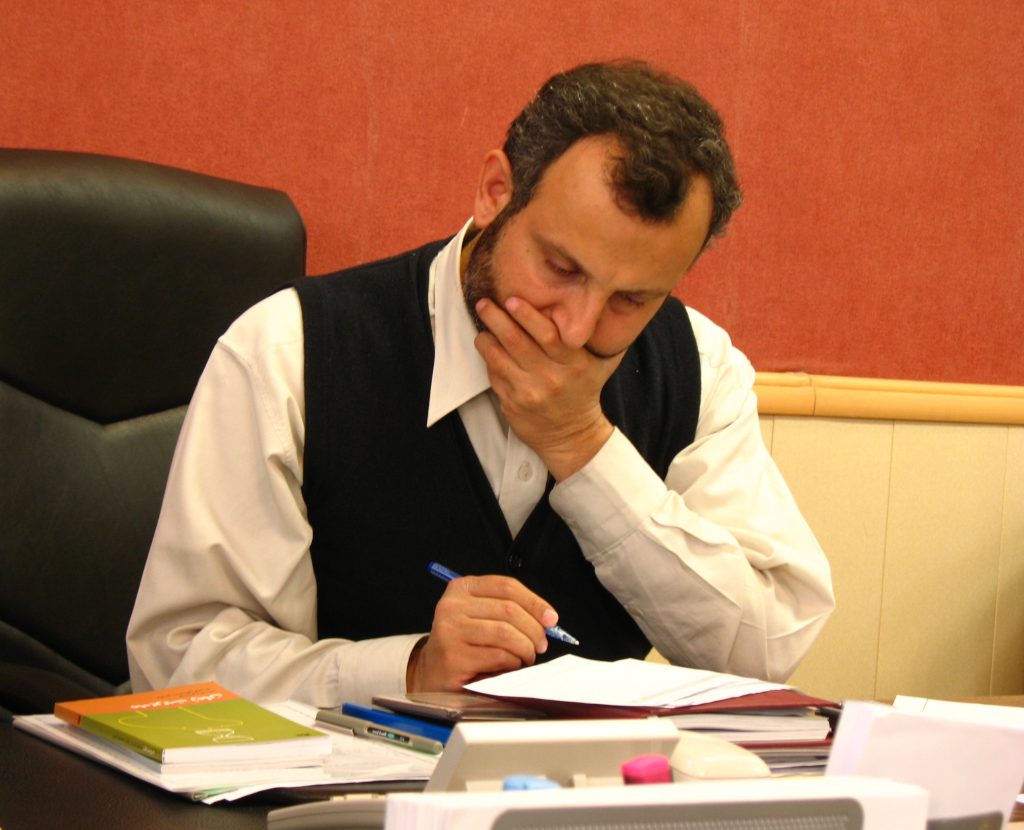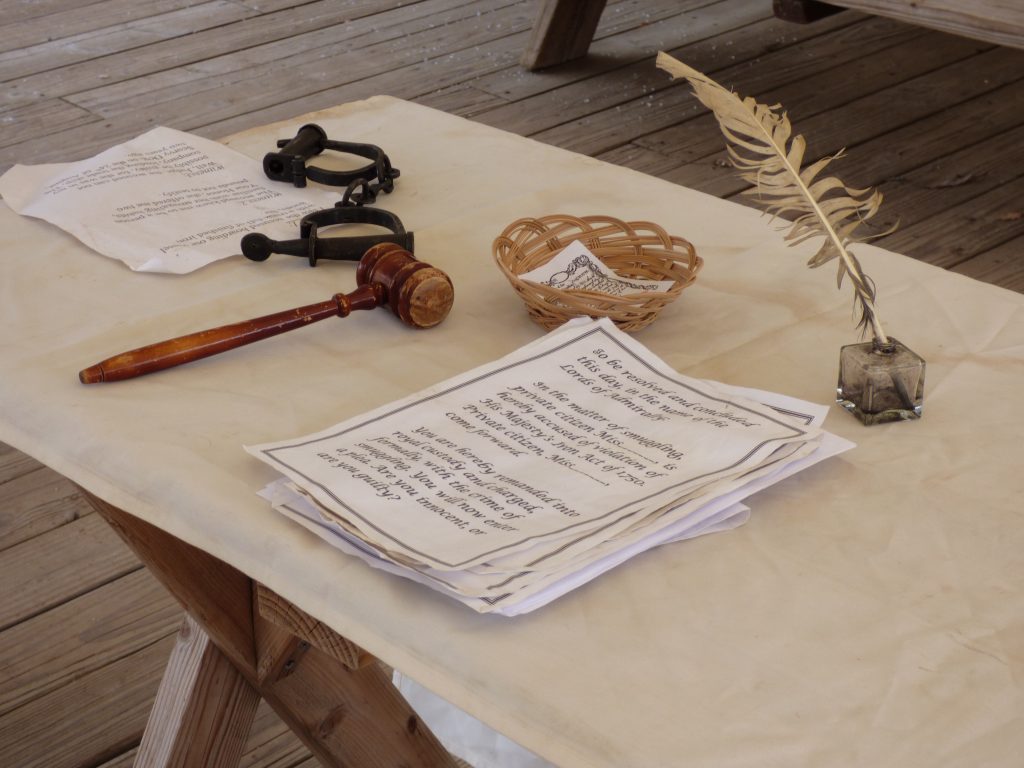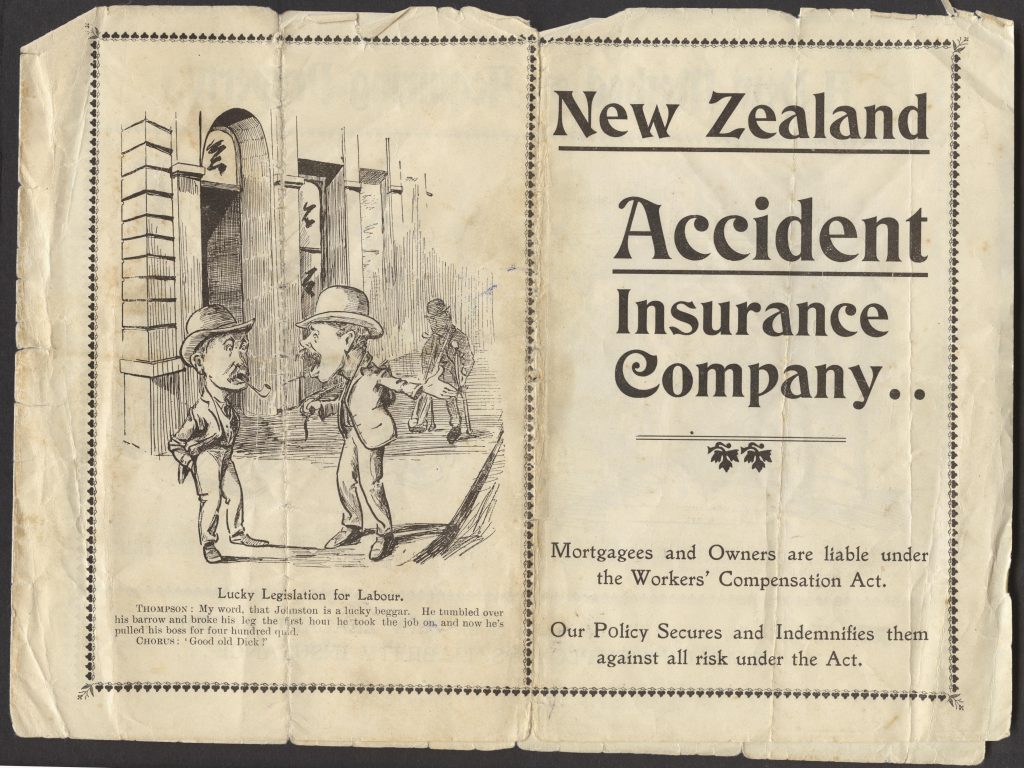 After being involved in a motor vehicle accident, you will likely be left with various damages, including medical injuries. Although you may assume insurance will cover all of your injuries and related damages, this is not always the case. The following Ouachita Parish case demonstrates the importance of understanding your policies and legal rights when it comes to motor vehicle insurance claims and of hiring an experienced attorney if you are left unsure of these rights.
After being involved in a motor vehicle accident, you will likely be left with various damages, including medical injuries. Although you may assume insurance will cover all of your injuries and related damages, this is not always the case. The following Ouachita Parish case demonstrates the importance of understanding your policies and legal rights when it comes to motor vehicle insurance claims and of hiring an experienced attorney if you are left unsure of these rights.
Alcender Williams, Jr. was injured while crossing an intersection and being hit by a motor vehicle. Williams subsequently filed a claim to the insurance company of the vehicle’s owner, Sharon Davis, where he and the company, Progressive Security Insurance (hereinafter referred to as Progressive), agreed to a settlement amount; Williams, however, resided with his mother, Bernadene Hubbard, at the time of the motor vehicle accident, and reserved his rights under her uninsured/underinsured motorist insurer Affirmative Casualty Insurance Company (hereinafter referred to as Affirmative). He then filed a claim asserting the limits of the Progressive policy was not enough to compensate him for his various damages. Williams’ claim was then rejected by Affirmative, who argued he was not included as a driver under the policy.
Williams then filed a lawsuit against Affirmative, where the trial and appeal courts found in favor of his claims for coverage. Affirmative was subsequently declared insolvent and, as a result, Louisiana Insurance Guaranty Association (hereinafter referred to as LIGA) took over the discharge of its obligation with regard to claims as provided by law.
 Louisiana Personal Injury Lawyer Blog
Louisiana Personal Injury Lawyer Blog


 There are many instances when an employer may be held liable for the actions of their employees, even when the former was completely uninvolved in the tort, or wrongdoing. This scenario is referred to as vicarious liability. The court must take several factors into consideration when dealing with a vicarious liability action, as evidenced by a Caddo Parish case involving a Sheriff and his Deputy.
There are many instances when an employer may be held liable for the actions of their employees, even when the former was completely uninvolved in the tort, or wrongdoing. This scenario is referred to as vicarious liability. The court must take several factors into consideration when dealing with a vicarious liability action, as evidenced by a Caddo Parish case involving a Sheriff and his Deputy.  Countless people are at risk of being in a car accident every day. Imagine you are on your usual morning commute to work, but suddenly someone rear-ends you causing injuries that change your life forever. You deserve to be compensated as much as you can to restore yourself to the state you were in before the accident. However, what happens when the defendants appeal the amount of damages you are supposed to receive?
Countless people are at risk of being in a car accident every day. Imagine you are on your usual morning commute to work, but suddenly someone rear-ends you causing injuries that change your life forever. You deserve to be compensated as much as you can to restore yourself to the state you were in before the accident. However, what happens when the defendants appeal the amount of damages you are supposed to receive? When you select someone to serve as a trustee or executor, you expect they will act in your best interest. If someone in such a position of trust breaches that obligation, they might be liable for a breach of fiduciary duties.
When you select someone to serve as a trustee or executor, you expect they will act in your best interest. If someone in such a position of trust breaches that obligation, they might be liable for a breach of fiduciary duties.  A difficult part of dealing with a family member’s death is balancing your grief with having to deal with the practical considerations of administering their estate. This can lead to family conflict, especially when there is disagreement about who gets what. Although clear language in a will or testament can help avoid such disagreement, what happens when the language of the testament and related documentation are unclear about who the deceased wanted to receive specific bank accounts?
A difficult part of dealing with a family member’s death is balancing your grief with having to deal with the practical considerations of administering their estate. This can lead to family conflict, especially when there is disagreement about who gets what. Although clear language in a will or testament can help avoid such disagreement, what happens when the language of the testament and related documentation are unclear about who the deceased wanted to receive specific bank accounts? If you want to decline uninsured/underinsured (“UM”) coverage, you might think it is sufficient to merely tell your insurer you do not want UM coverage. However, under Louisiana law, there are strict requirements with which you must comply in order to validly waive UM coverage. What happens if the insured does not follow those formal requirements?
If you want to decline uninsured/underinsured (“UM”) coverage, you might think it is sufficient to merely tell your insurer you do not want UM coverage. However, under Louisiana law, there are strict requirements with which you must comply in order to validly waive UM coverage. What happens if the insured does not follow those formal requirements?  We all know that words matter. However, sometimes people use offensive or disrespectful words or slurs in the workplace. Workplaces often have policies in place that lay out prohibited behaviors and establish disciplinary actions for infractions, including use of disrespectful language. Such discipline can range from a write-up to termination and depends on the specific offense. Is use of a racial epithet grounds for termination?
We all know that words matter. However, sometimes people use offensive or disrespectful words or slurs in the workplace. Workplaces often have policies in place that lay out prohibited behaviors and establish disciplinary actions for infractions, including use of disrespectful language. Such discipline can range from a write-up to termination and depends on the specific offense. Is use of a racial epithet grounds for termination? We all expect the government to take appropriate measures to keep roads safe. If you or a loved one has been harmed from an unsafe road condition, you might be able to file a lawsuit against the Department of Transportation and Development.
We all expect the government to take appropriate measures to keep roads safe. If you or a loved one has been harmed from an unsafe road condition, you might be able to file a lawsuit against the Department of Transportation and Development.  When you are in love, you might make purchases for your loved ones without giving them much thought. But what happens to big ticket purchases, like a car, if your relationship sours?
When you are in love, you might make purchases for your loved ones without giving them much thought. But what happens to big ticket purchases, like a car, if your relationship sours? If you are injured on the job, you might be entitled to compensation through the workers’ compensation system. What happens if your employer denies your claims for treatment recommended by your treating physicians? Can your employer be required to pay you penalties and fees?
If you are injured on the job, you might be entitled to compensation through the workers’ compensation system. What happens if your employer denies your claims for treatment recommended by your treating physicians? Can your employer be required to pay you penalties and fees?